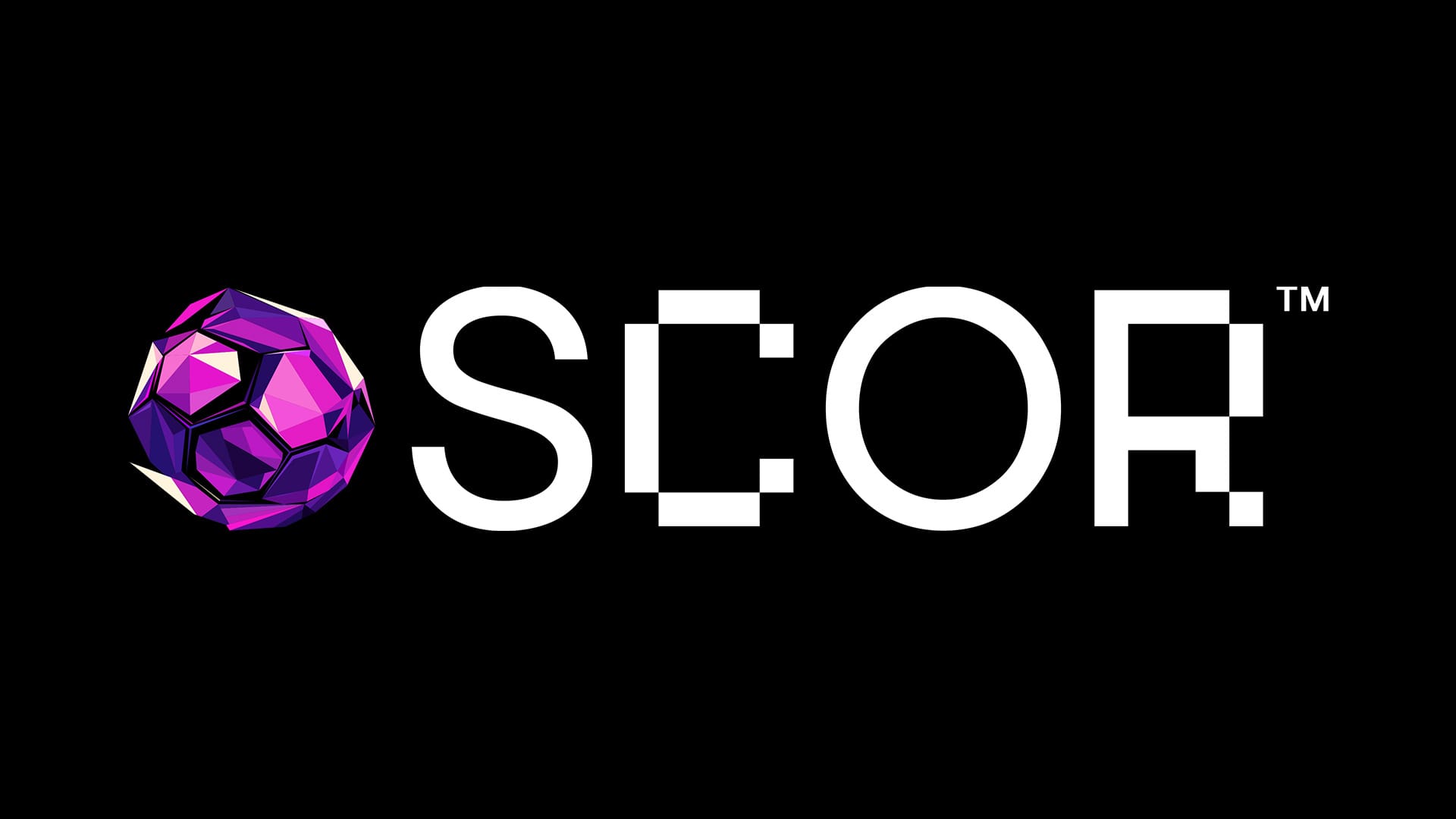Introduction to SCOR: Web3 Infrastructure for the Fan Economy

By Tom Mizzone
Core Contributor at SCOR; Founder & CEO of Sweet — Platform Launch Partner of SCOR.
I’ve spent most of my career at the intersection of technology, media, and cultural shift. Early on, I founded Ultracom Internet Technologies, which scaled into one of the largest broadband internet providers in the United States. From there, we built one of the first enterprise-grade Voice over IP networks at a time when most companies still thought dial-up was the future. Later, as a founding executive at MediaSentry, I helped create a platform that worked with studios like Disney, Warner Bros., HBO, and nearly every major record label to understand how digital file sharing was reshaping the entertainment economy. We didn’t just watch paradigms change — we were often standing in the doorway when they did.
After that, I took what I jokingly call my “desert sabbatical,” co-founding SpeedVegas — a 90-acre supercar racetrack just off the Las Vegas Strip. If you think blockchain is complicated, try building a racetrack from raw desert sand. But even then, I stayed close to the edges of emerging technology. Around this time, some of my earliest investors were going deep into Bitcoin. I followed the rabbit hole, became fascinated with what blockchain could enable, and ultimately returned to New York to start what would become Sweet.
And here’s where things come full circle: because the opportunity we saw then is the same opportunity we are now expanding with SCOR.
The Value That Fans Create — But Don’t Capture
What has always fascinated me is how much value fans create without being recognized for it. Not simply through purchasing tickets or merchandise — although that’s the metric most legacy loyalty systems obsess over — but through their digital behavior. Fans are the engine behind cultural momentum. They share highlights, stream content, post reactions, recruit friends, boost narratives, meme moments into history, and carry teams and athletes into the global spotlight. They are not just consumers. They are distributors, community-builders, signal amplifiers, and emotional investors.
Yet historically, the platforms where this value is created have been the primary beneficiaries. A few years ago, while writing about the broken nature of traditional loyalty models, I came across research from Yale economist Glen Weyl that quantified this phenomenon. His calculations suggested that an average engaged fan creates as much as $1,000–$2,000 per year in brand marketing value — most of which accrues to intermediary platforms rather than the athlete, team, league, or community they love.
Fans already invest.
They simply have no ownership of the value they generate.
SCOR begins by correcting that imbalance.
SCOR and the Ownership Layer of Fandom
At the foundation of SCOR is the SCOR-ID — a verifiable on-chain identity that captures a fan’s achievements, engagement, and contributions. Rather than a fragmented series of disconnected app profiles, loyalty accounts, fantasy logins, and social activity tied to centralized platforms, SCOR-ID becomes the persistent representation of a fan’s role in the ecosystem. It turns participation into something ownable.
With a SCOR-ID, the fan’s journey becomes cumulative. Winning a challenge, reaching a milestone, attending a live event, participating in a season-long rivalry — these actions become part of one growing identity. And importantly, that identity can be recognized and rewarded directly by the sports properties themselves. If a league wants to automatically send an exclusive highlight to every fan who holds a certain trophy or achieved a specific ranking, SCOR enables that natively, without intermediaries.
Ownership replaces silo.
Identity replaces fragmentation.
Recognition replaces invisibility.
Why SCOR Launches With Real Traction — Not Just Theory
Many web3 projects begin with a whitepaper and a promise. They describe elegant systems, but they lack the cultural momentum and institutional partnerships needed to activate them. This is what I call the cold start problem — a brilliant engine with no fuel.
SCOR does not have this problem because Sweet has spent the past five years running large-scale, on-chain fan engagement experiences with some of the most influential sports organizations in the world. We’ve worked with leagues like the NHL and MLS, with players associations, with teams like the New York Knicks, Cleveland Cavaliers, and Milwaukee Bucks, and with global motorsport organizations like McLaren and Red Bull Racing. We’ve also expanded into international player ecosystems — from cricket to tennis — bringing hundreds of top athletes into programmable fan engagement environments.
This experience gives SCOR something rare: immediate applicability and immediate reach. We understand what sports organizations are trying to solve for — deeper understanding of fan identity, broader surface area for their IP, and new forms of monetization that respect the emotional fabric of fandom rather than extract from it. SCOR is not an abstract system awaiting adoption; it is a continuation of a live, functioning ecosystem.
The Next Layer: Programmable Sports IP
The longer-term evolution of SCOR is the transformation of sports IP into programmable digital assets. A team logo, player highlight, tournament badge, or rivalry moment shouldn’t just be a static collectible. It should carry embedded logic — how it can be used, how it can be displayed, how value flows back to rights holders, and how fans who earn or hold it can be rewarded.
In that world, games, apps, fantasy platforms, ticketing systems, and metaverse environments don’t need to negotiate one-off integrations. They simply tap into the asset layer. Sports IP becomes composable, permissionless, and monetized in ways that expand value for all participants rather than locking it behind proprietary walls.
This is how fandom becomes infrastructure.
Where We’re Heading
SCOR launches from a position of real momentum: a proven team with deep experience in sports, media, and crypto; tokenomics designed to reward participation while remaining sustainable; expanding strategic relationships with major leagues and ecosystems; and early backers aligned with long-term value creation.
But the most important thing to understand is that SCOR is not limited to Sweet’s platform. Sweet is the ignition system. SCOR is the network. Over time, we expect SCOR to be integrated across ticketing, gaming, betting, fantasy, media, entertainment, and every digital surface where fandom lives.
Because the future belongs to participatory fans — not passive audiences.
Fans deserve to be recognized.
They deserve to be rewarded.
They deserve to own what they create.
SCOR is the infrastructure to make that real.
— Tom


